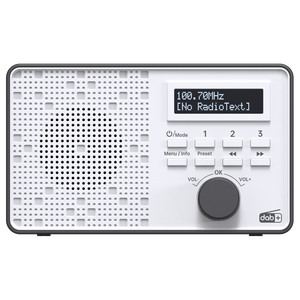Exploring the World of Musical Instrument Bands
Musical instrument bands are an essential part of the music landscape, bringing together various instruments to create harmonious and captivating sounds. Whether you're looking to form your own band or are simply curious about the dynamics of musical ensembles, understanding the intricate workings of musical instrument bands is crucial. This guide will delve into the various types, functions and features, applications, and advantages of musical instrument bands.
Types of Musical Instrument Bands
Musical instrument bands come in several forms, each offering unique characteristics and experiences. Some of the most common types include:
- Brass Bands: Comprised mainly of brass instruments, these bands are known for their powerful sound and are often found in parades and competitions.
- Woodwind Bands: Focusing on woodwind instruments, these bands create a melodious blend and are prominent in orchestras.
- Jazz Bands: Featuring a variety of instruments, including saxophones, trumpets, and rhythm sections, jazz bands thrive in improvisation and creativity.
- Folk Bands: Incorporating traditional instruments, folk bands bring regional cultural sounds to the forefront, often engaging audiences in a communal experience.
Functions and Features of Musical Instrument Bands
Musical instrument bands serve multiple purposes, catering to both musicians and audiences alike. Their functions and features include:
- Collaborative Creativity: Bands foster teamwork, combining individual talents to produce a unique sound that each member contributes to.
- Diverse Instrumentation: The combination of different instruments allows for a rich variety of tones and melodies, appealing to a wide range of musical tastes.
- Live Performances: Bands often perform live, offering a dynamic experience that recorded music simply cannot replicate.
- Improvisation and Interpretation: Many musical instrument bands encourage individual expression, allowing musicians to interpret pieces in unique ways, especially in improvisational genres like jazz.
Applications of Musical Instrument Bands
Musical instrument bands find relevance in numerous scenarios, showcasing their versatility and adaptability:
- Concerts and Festivals: Bands frequently perform at public events, drawing large crowds and enhancing the vibrancy of musical festivals.
- Educational Settings: Schools and universities often have bands as part of their music programs, aiding in music education and providing performance opportunities.
- Cultural Events: Many cultures utilize bands during celebrations, helping to preserve and promote cultural heritage through music.
- Community Engagement: Local bands often perform in community events, fostering a sense of unity and shared experience among residents.
Advantages of Joining a Musical Instrument Band
The advantages of being a part of a musical instrument band extend beyond just honing musical skills. Here are some compelling benefits:
- Skill Development: Playing in a band helps improve musical abilities, timing, and collaboration skills over time.
- Social Connections: Joining a band creates bonds with fellow musicians, fostering friendships and networks that can last a lifetime.
- Mental Wellbeing: Music has therapeutic properties, and participating in a band can enhance mental health through creativity and shared joy.
- Confidence Boost: Performing live can greatly increase one’s self-confidence, allowing musicians to shine in front of an audience.






































